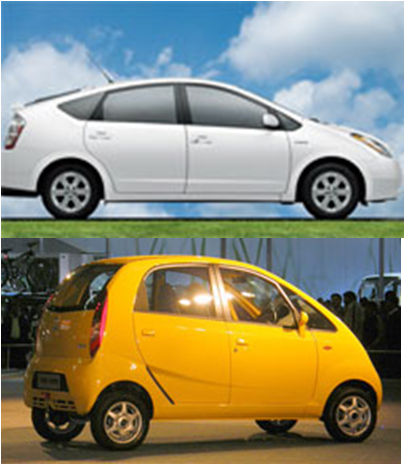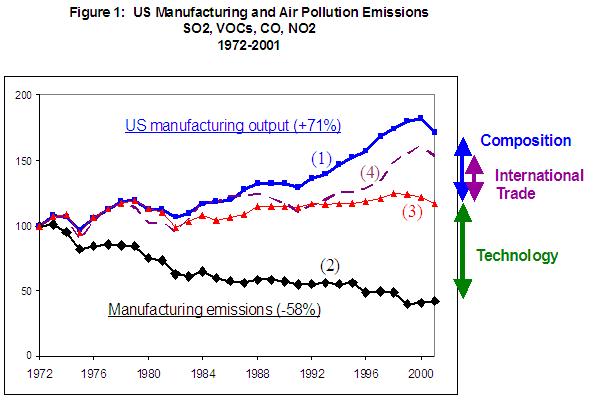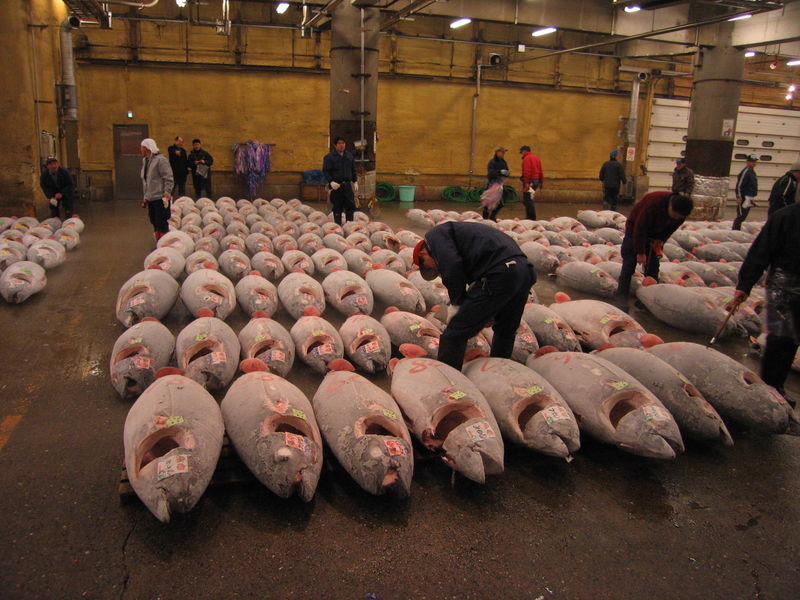Biofuels and Mitigation/Adaptation
April 15th, 2008Posted by: Roger Pielke, Jr.
In Europe the debate over biofuels production targets has become the most recent example of the larger debate over mitigation versus adaptation. Biofuels have been held up by some as offering a carbon-neutral alternative to fossil fuels, and thus contributing in some way to the mitigation of climate change. The European Union has gone so far as to adopt biofuel production targets.
At the same time the world has seen food prices increase dramatically in recent times with some people pointing a finger at biofuels as contributing to those price increases. The increased price of food means that those with the most tenuous access to nutrition could slip into malnutrition or worse. This is why one UN official called biofuels production policies a “crime against humanity.”
Deutsche Welle has a nice overview:
The European Union said it is sticking to its biofuel goals despite mounting criticism from top environmental agencies and poverty advocates.
“There is no question for now of suspending the target fixed for biofuels,” Barbara Helfferich, spokeswoman for EU Environment Commissioner Stavros Dimas said Monday, April 14.
But her boss struck a different tone, acknowledging that the EU had underestimated problems caused by biofuels and saying that the 27-nation block planned to “move very carefully.”
Yet the EU is wary of abandoning biofuels amid worries that doing so could derail its landmark climate change and energy package. In it, Europe pledged to reduce carbon dioxide emissions by 20 percent by 2020. Part of the package includes setting a target for biofuels to make up 10 percent of automobile fuel.
Biofuel a culprit in food crisis
Jean ZieglerBildunterschrift: Großansicht des Bildes mit der Bildunterschrift: Ziegler called biofuel a “crime against humanity”
In recent months food prices have increased sharply. Biofuels are seen as one of several culprits. Land that used to be planted with food crops has been converted to biofuel production, which has increased prices.
UN Special Rapporteur for the Right to Food Jean Ziegler told German radio Monday that the production of biofuels is “a crime against humanity” because of its impact on global food prices.
The UN’s Ziegler isn’t alone in his criticism of biofuel.
The debate over biofuels illustrates that the debate over mitigation and adaptation is not just academic, but reflected in real world outcomes. It also highlights that policies can have unintended consequences. If we factor in recent research that claims that the carbon-cutting potential of biofules has been overstated, then it appears that the high hopes for biofuels as a contributor to mitigation probably need to be scaled back dramatically.


